Election 2025: ‘Minerals for mates’: Anthony Albanese digs in on exports
Anthony Albanese will move to make Australia a key supplier of critical minerals and rare earths to help ‘like-minded’ nations make weapons without relying on China, through a $1bn-plus strategic reserve.
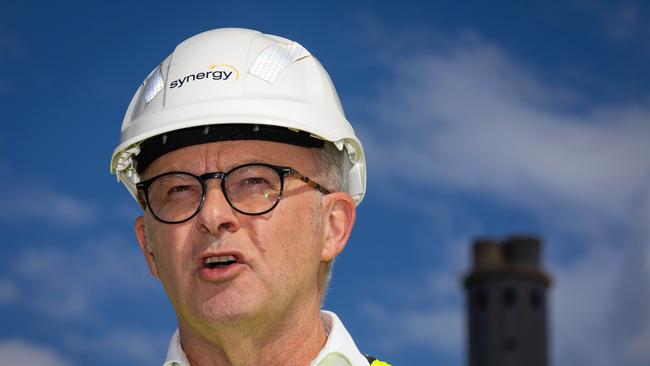
Anthony Albanese will move to make Australia a key supplier of critical minerals and rare earths to help “like-minded” nations make weapons without relying on China, through a $1bn-plus strategic reserve to be used by a re-elected Labor government as a bargaining chip to win an exemption from Donald Trump’s tariffs.
The Prime Minister will on Thursday unveil plans for an initial $1.2bn investment in a national reserve that will stockpile critical minerals such as lithium, nickel and cobalt so they are available for Australian manufacturers and select nations such as Japan and South Korea.
With the US President pressuring Greenland and Ukraine to provide critical minerals to his nation, The Australian understands the Albanese government will ask for a new deal on tariffs in return for access to the reserve.
A re-elected Labor government will begin talks with allies on securing rights to access minerals stored in the reserve, with an aim of diversifying supply chains and limiting China’s influence.
While critical minerals are a crucial element in manufacturing of AI applications, smartphones, computers, solar panels and electric vehicles, they are also used to make defence assets such as nuclear-powered submarines, F-35 fighter jets and sonar systems.
China, which produces 90 per cent of rare earths and a majority of critical minerals, has restricted supply of metals key to the US defence sector as the trade war between the nations escalates.
Beijing was accused of weaponising its dominance of the rare-earths supply chain in 2010 after imposing restrictions to Japan following a territorial dispute.
Under Mr Albanese’s proposal to develop a strategic reserve, the government will strike deals with willing mining companies to acquire agreed volumes of critical minerals from commercial projects. While part of the reserve will be used for domestic manufacturers, the government will establish stockpiles of critical minerals that are of strategic significance.
A re-elected Albanese government would establish a taskforce to finalise the design of the strategic reserve, which would be expected to be running by the end of next year. It would run out of the existing Critical Minerals Facility, taking the government’s minerals bank to $5bn.
Mr Albanese said the strategic reserve would make Australia “stronger and safer” in a time of global uncertainty.
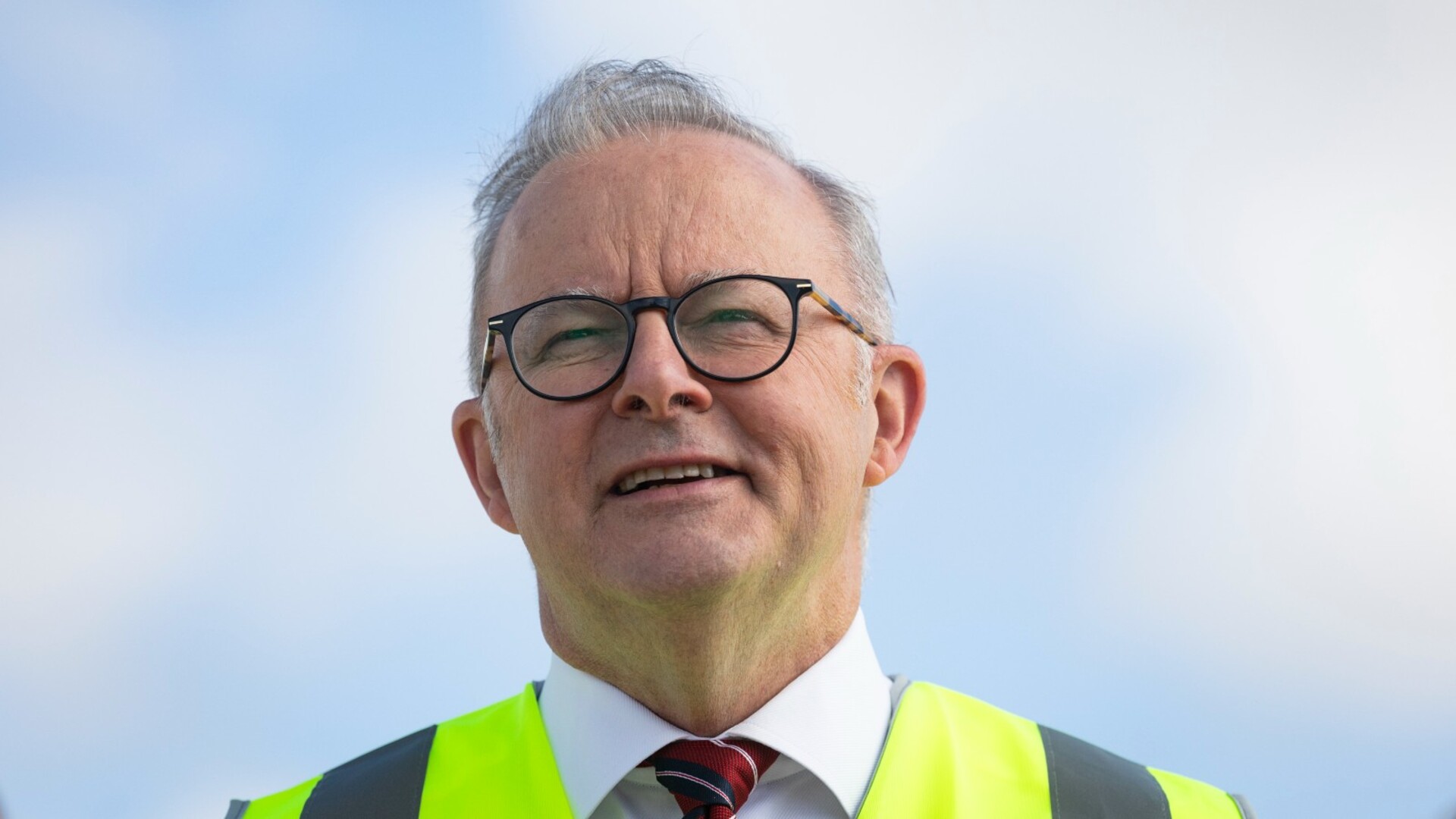
“To leverage our natural resources is in our national interest,” the Prime Minister said.
“I will ensure that Australia continues to produce and benefit from the resources that are essential to our national interest.
“The strategic reserve will mean government has the power to purchase, own and sell critical minerals found here in Australia.
“It will mean we can deal with trade and market disruptions from a position of strength. Because Australia will be able to call on an internationally-significant quantity of resources in global demand. This will be a national asset and our government will use it to advance Australia’s national interest.”
While there is a significant strategic element to the reserve, it is also part of the government’s Future Made in Australia agenda aimed at increasing manufacturing of products used in the clean-energy economy.
Peter Dutton on Wednesday said the Coalition would cut critical minerals production tax credits and other Future Made in Australia funding, with Labor weaponising this in its aim to hold onto seats in resources-rich Western Australia.
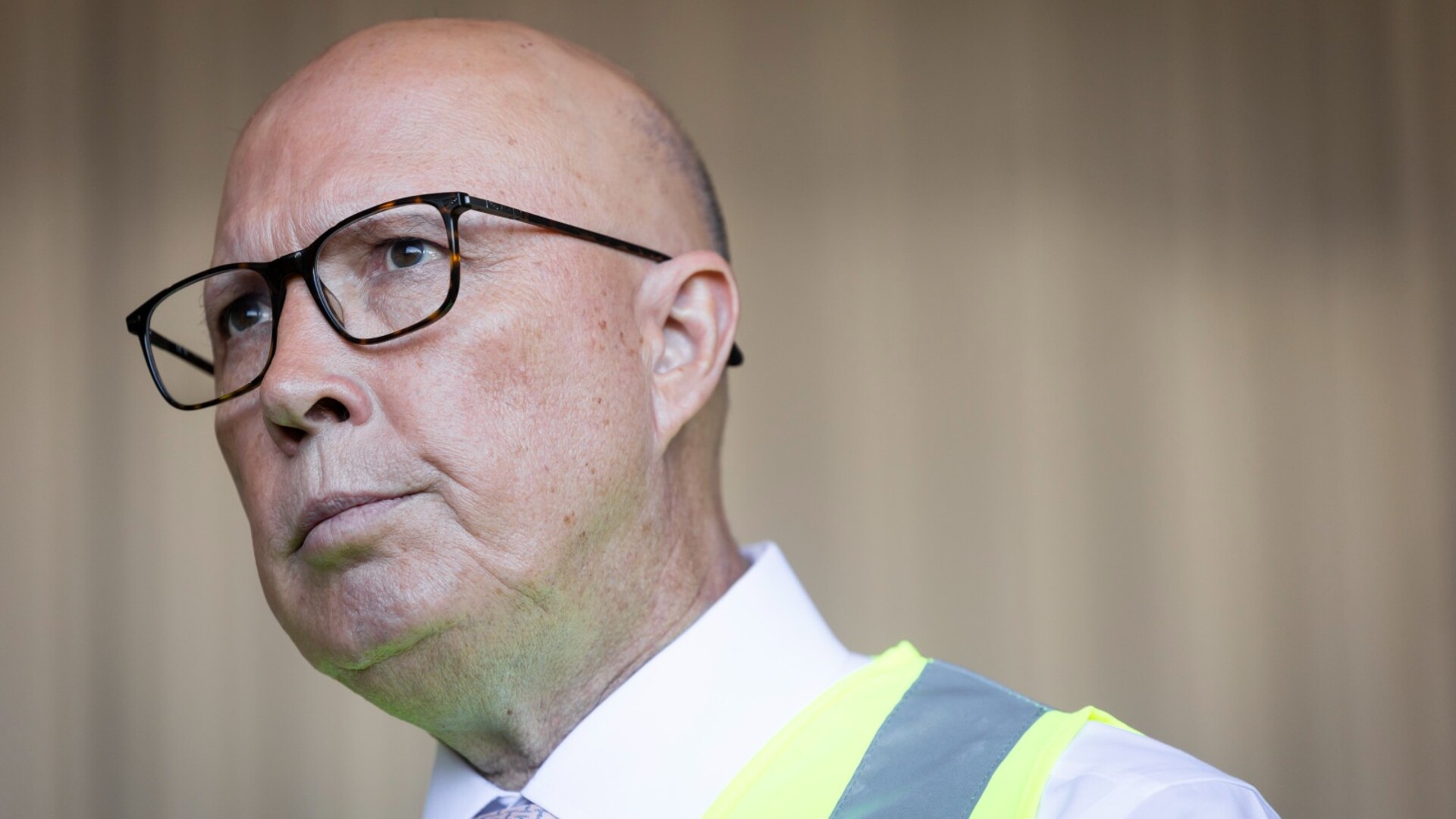
Resources Minister Madeleine King said the strategic reserve would mean more investment and more jobs for Western Australia. “Critical minerals and rare earths are essential not only to reducing emissions but also for our security and the security of our key partners,” Ms King said. “While we will continue to supply the world with critical minerals, it’s also important that Australia has access to the critical minerals and rare earths we need for a future made in Australia.
“The strategic reserve, combined with production tax credits and the expansion of the Critical Minerals Facility, shows the Albanese government is taking the development of an Australian critical minerals industry seriously.”
A report from the Australian Strategic Policy Institute in 2023 warned Beijing had already used its “near-monopolistic” global supply-chain control of rare-earth elements to strategic advantage against the US and Japan. “China is … the principal global supplier and refiner of rare-earth elements and it’s willing to use that dominance coercively,” the report says. “This most famously occurred in 2010 when China restricted rare-earth element exports to Japan in response to tensions over the disputed Senkaku Islands.
“In 2011, it broadly cut export quotas for rare earths by 35 per cent in a protectionist effort to advantage domestic industry.”


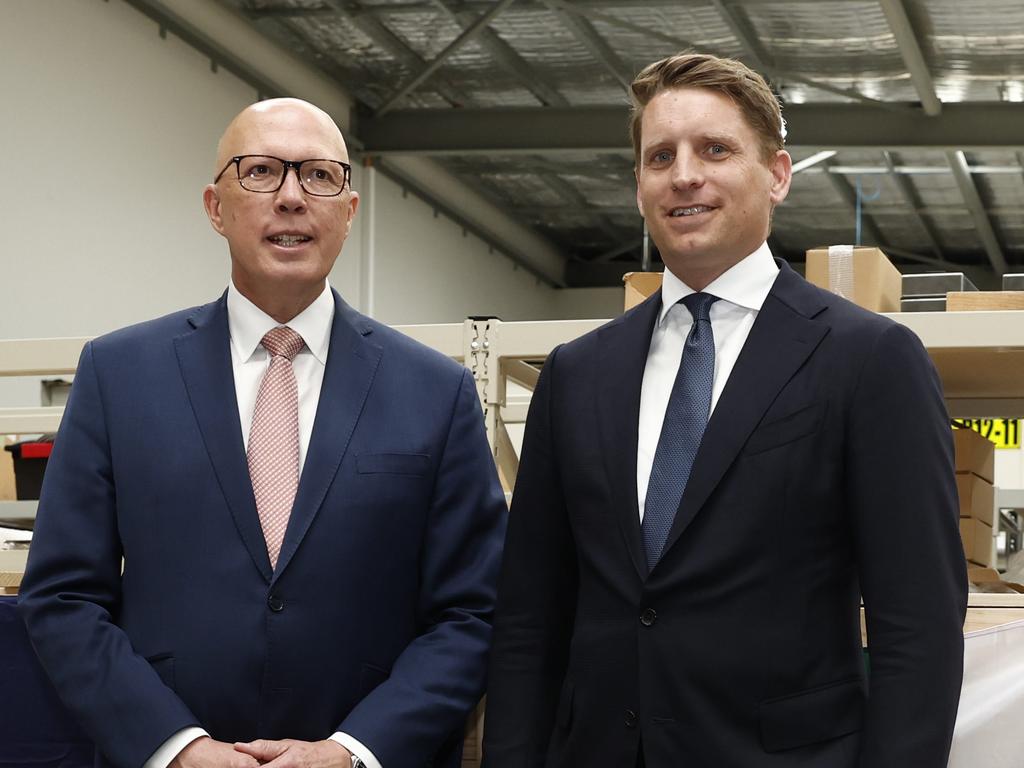
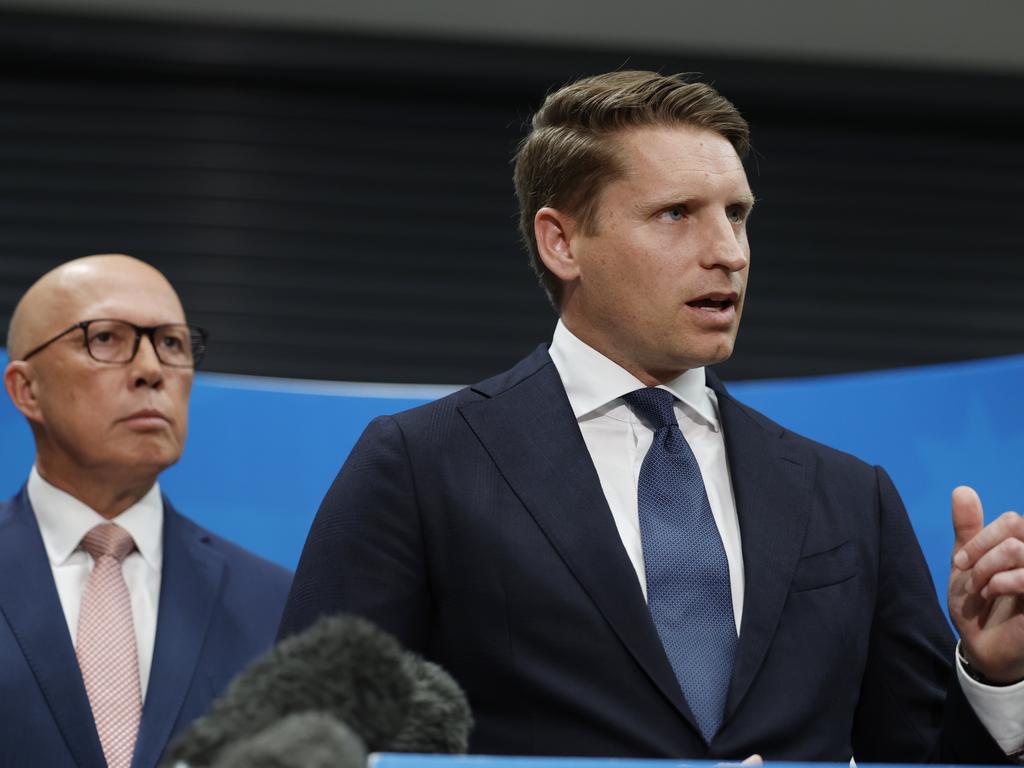



To join the conversation, please log in. Don't have an account? Register
Join the conversation, you are commenting as Logout